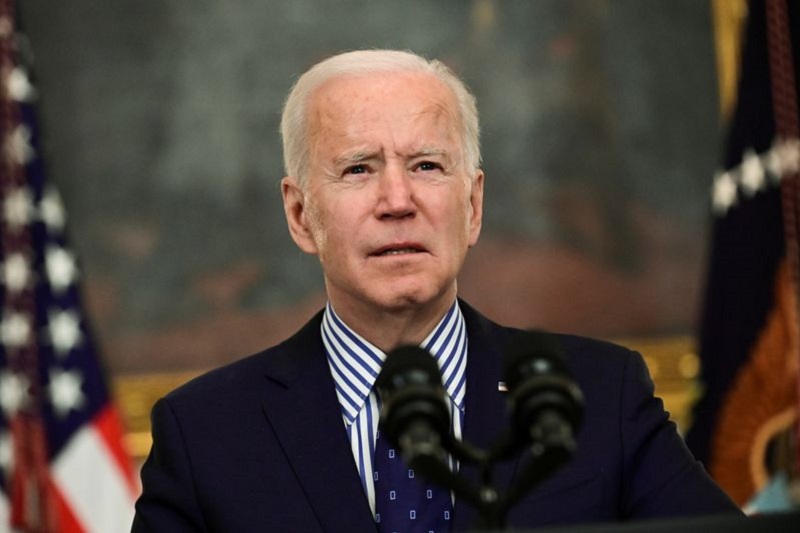The Associated Press (Shanghai, editor Bian Chun) reported that the US House of Representatives will vote on President Biden’s “Better Rebuild Act” on Friday morning local time to strengthen the US social safety net and combat climate change. According to an analysis, the revenue generated by the bill is not enough to cover the cost. This result may weaken the confidence of some moderate Democrats and threaten the passage of the bill in the House of Representatives.
Previously, the Congressional Budget Office (CBO), a non-partisan body, announced the cost assessment for Biden’s Social Expenditure Act on Thursday. The CBO said the US$1.7 trillion bill will increase the budget deficit by US$367 billion between 2022 and 2031. This figure does not include income from the US Internal Revenue Service (IRS) to strengthen tax enforcement.
Officials from the Treasury Department and the White House stated that strengthening the tax enforcement of the IRS will bring about US$400 billion in new tax revenues, while the CBO expects that after deducting expenditures, net income will be approximately US$127 billion. Incoming revenue, there is still about $250 billion in bill expenditures that cannot be covered.
After the CBO announced its forecast, U.S. Treasury Secretary Yellen reiterated the views of the Biden administration that the plan will not increase long-term deficits.
Biden tweeted that his “Rebuild Better Act” would reduce the deficit by more than $100 billion in ten years. “This will reduce costs, create jobs, and rebuild our economy. Let us pass this bill,” he said.
Some neutral House Democrats have previously stated that before voting, they need to see the CBO’s assessment of how the plan will affect the long-term deficit.
The Biden administration has always claimed that the $1.75 trillion expenditure listed in the “Better Rebuild Act” framework agreement will be fully covered by the offset measures contained in the bill, but the CBO’s assessment results cast doubt on this statement.
It is worth noting that the House of Representatives vote on the Biden spending bill was originally scheduled to take place on Thursday night, and was eventually postponed until 8 a.m. local time on Friday. On Thursday evening, House Minority Leader Kevin McCarthy gave a speech that lasted more than four hours, not only criticizing the Biden spending bill, but also criticizing the Democratic-led government on various aspects.
Biden’s Social Expenditure Act aims to make childcare more affordable, extend the enhanced child tax credit for one year, popularize pre-school education, accelerate the transition to green energy, and expand medical insurance and medical subsidies.
This bill, along with the bipartisan infrastructure bill signed this week, forms the core of the economic agenda. In contrast, the CBO predicts that the bipartisan infrastructure bill will increase the deficit by $256 billion over the next 10 years.
The CBO’s forecast eased the concerns of some Democratic opponents, including Representative Stephanie Murphy of Florida and Kurt Schrader of Oregon. However, according to media reports, at least one Democrat-Representative Jared Golden of Maine-will vote against the bill. If this bill is to succeed in the House of Representatives, it will only lose three Democrat votes at most.
Even if the House of Representatives passes the bill, once it is submitted to the Senate, at least part of the bill may be cut off by then. If the Senate makes changes to the bill, it must return to the House of Representatives to vote again.
Senate Majority Leader Chuck Schumer said that if the House of Representatives passes the bill this week, the Senate’s goal is to approve the bill before Christmas.
The fine-tuning of the Senate — including the possible cancellation of paid vacation plans or amendments to the proposed abolition of state and local tax relief caps — may change the deficit impact of this bill, which may amount to tens of billions of dollars.
